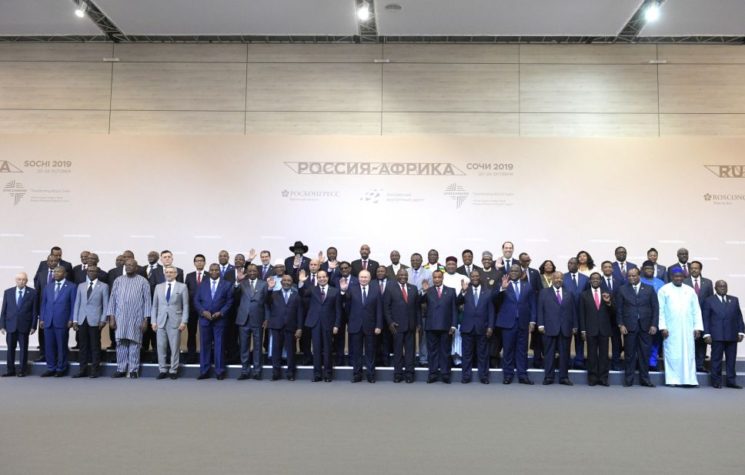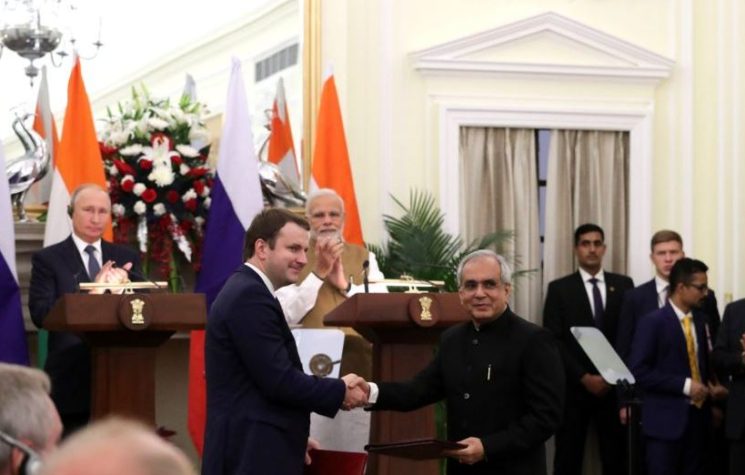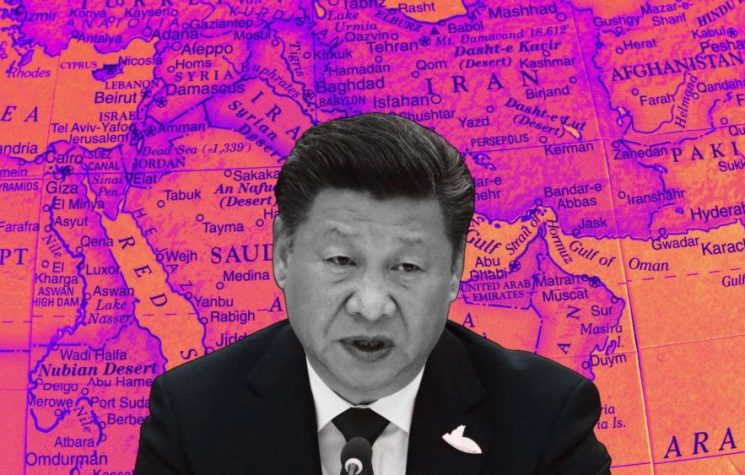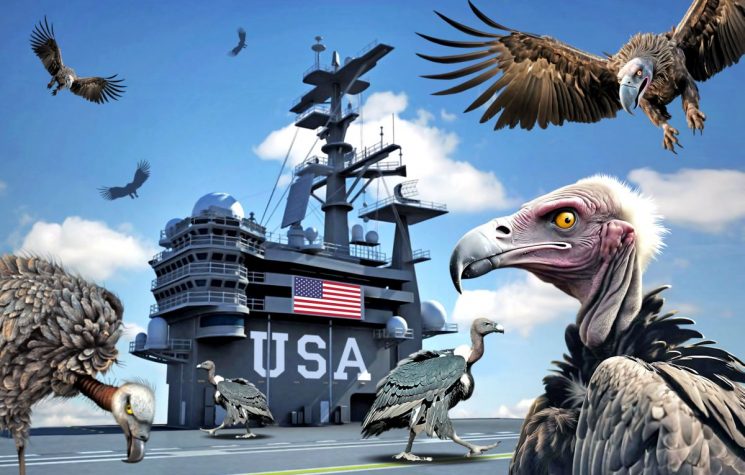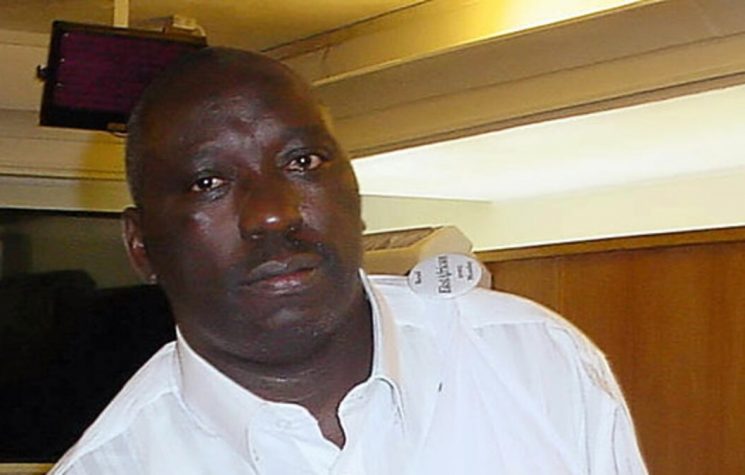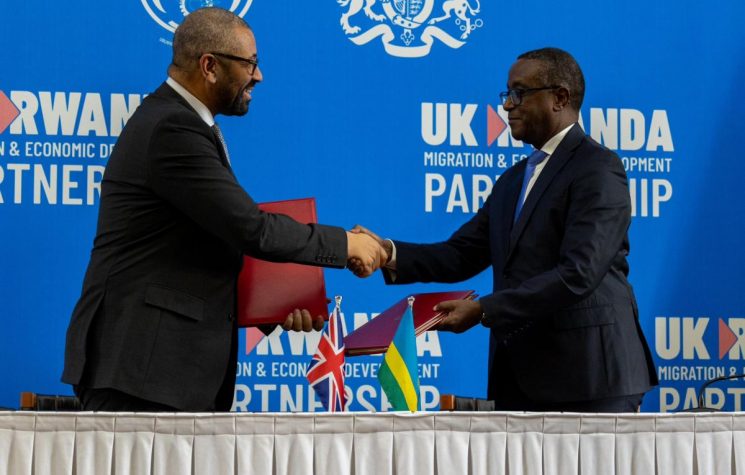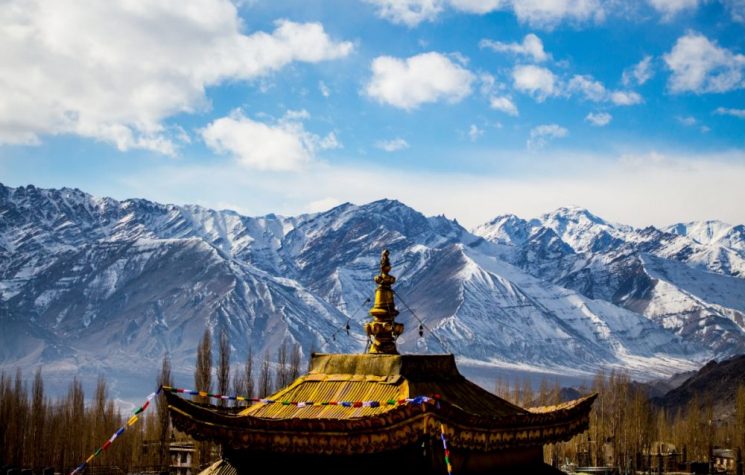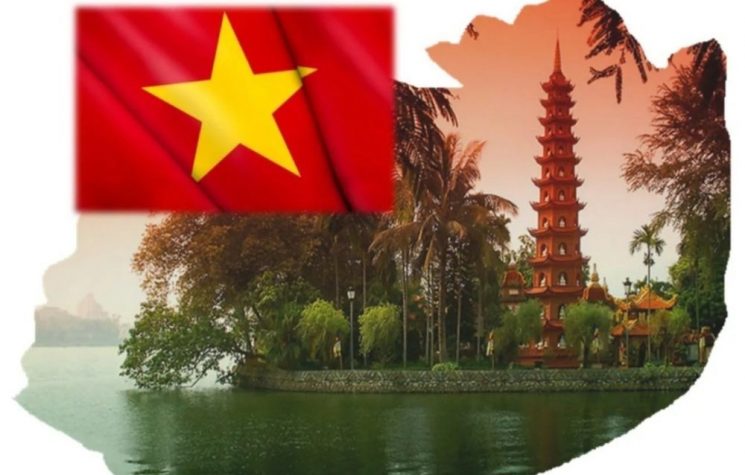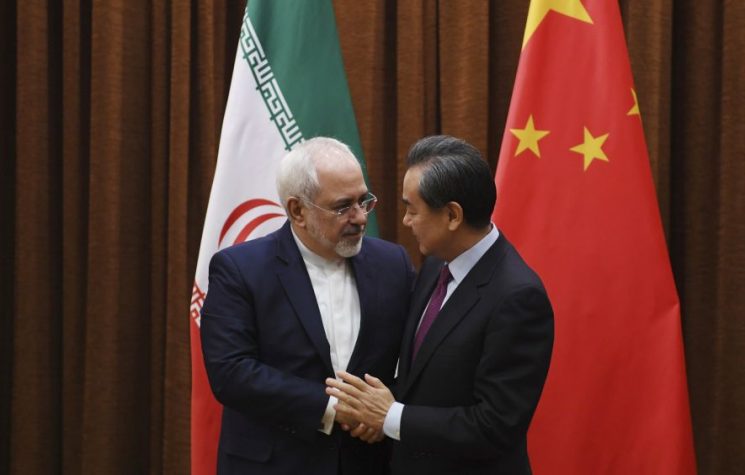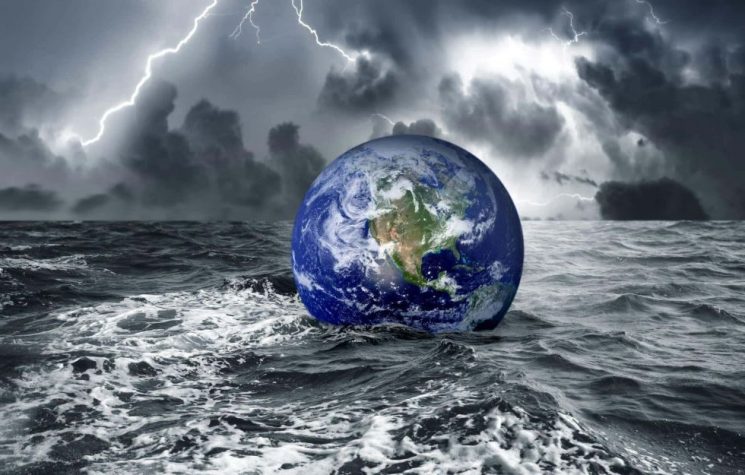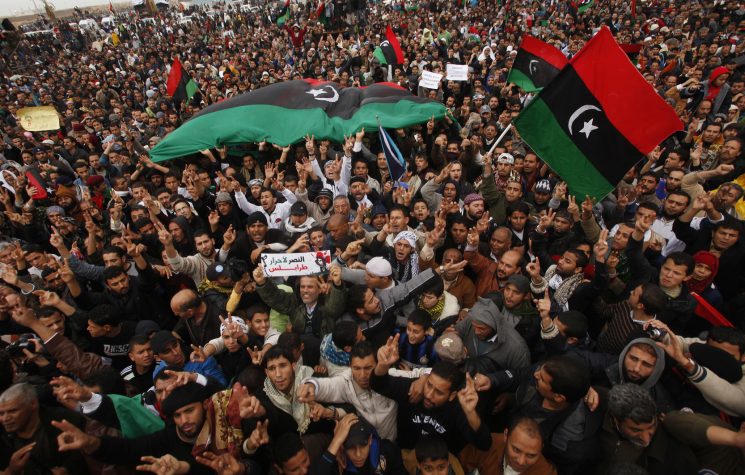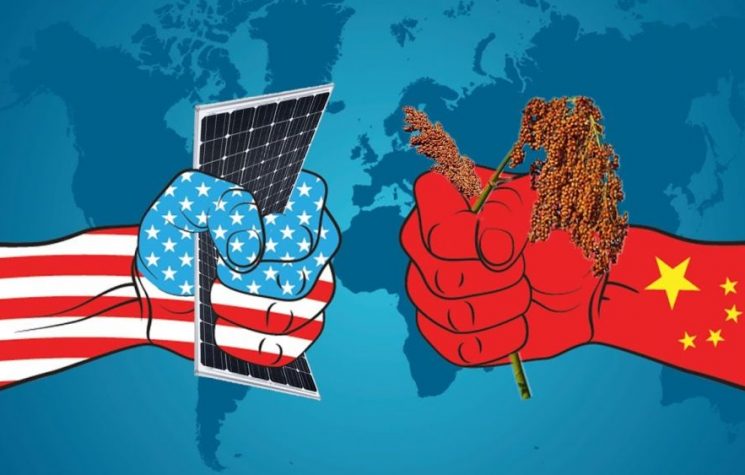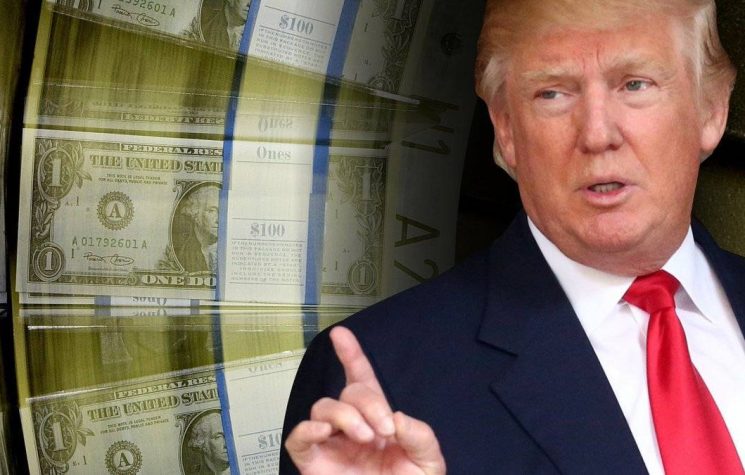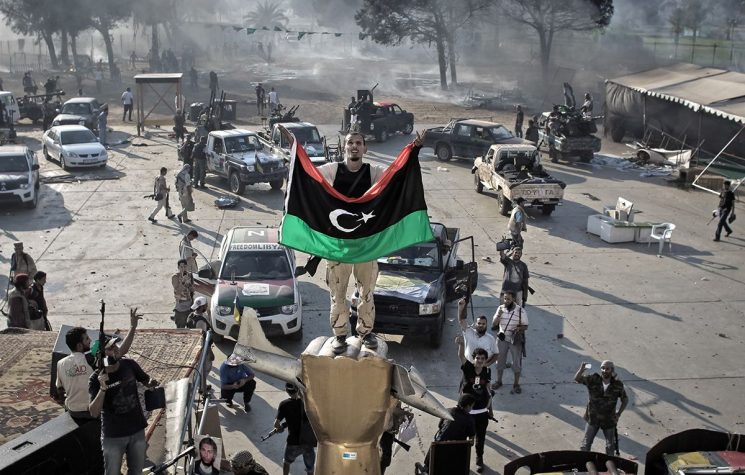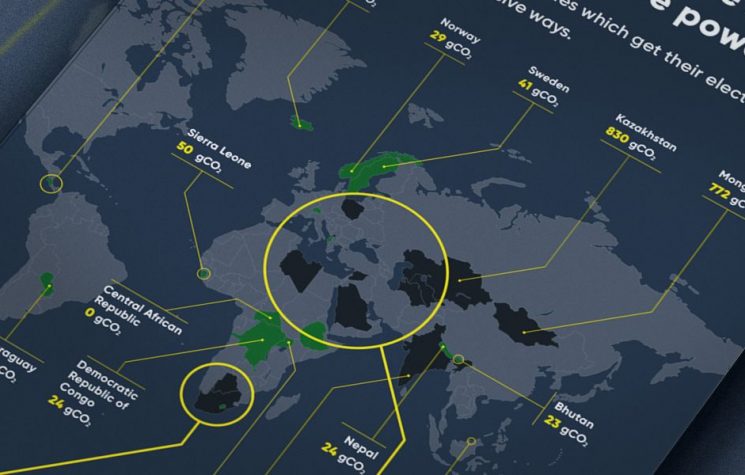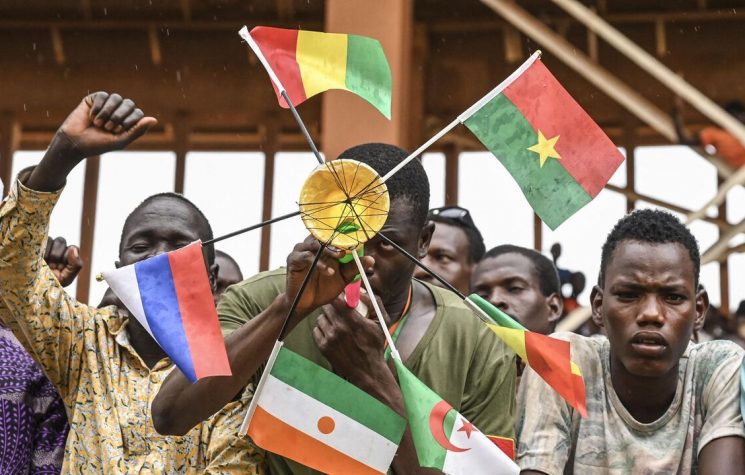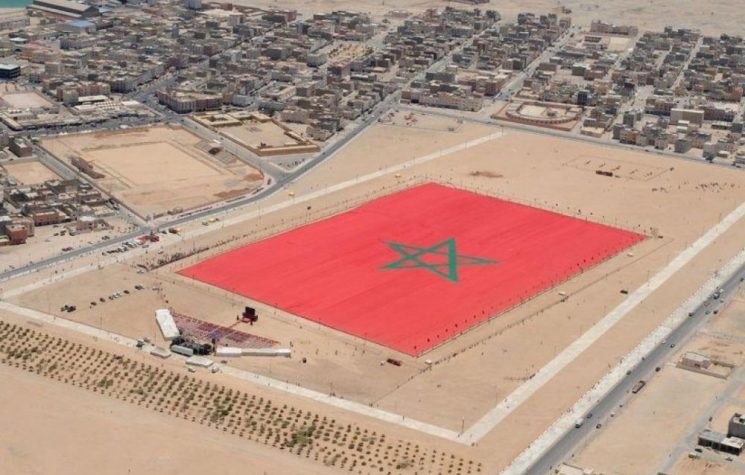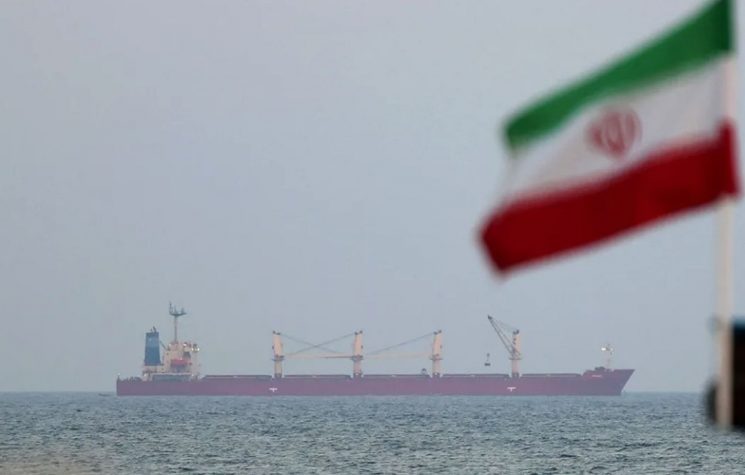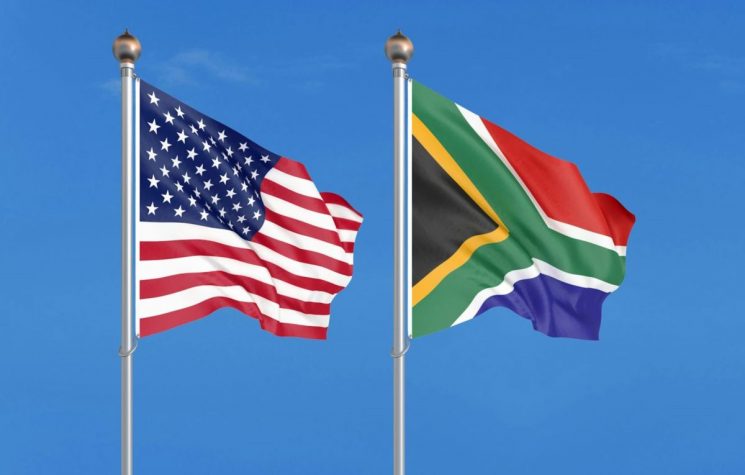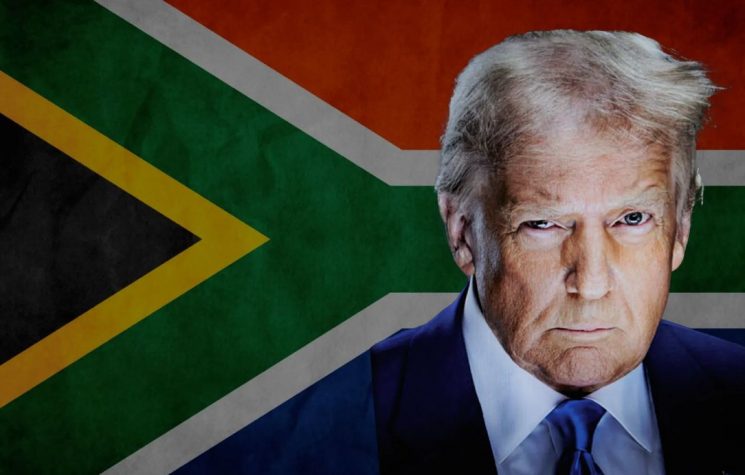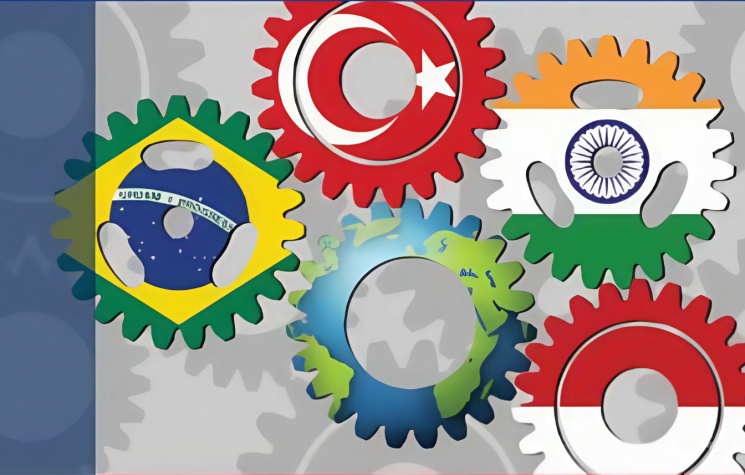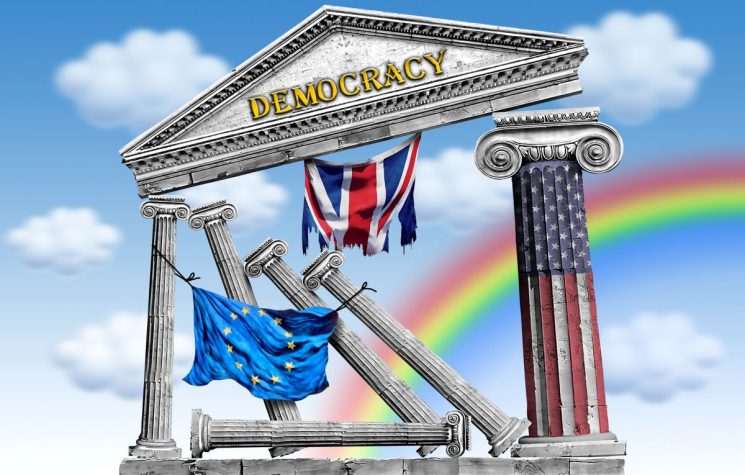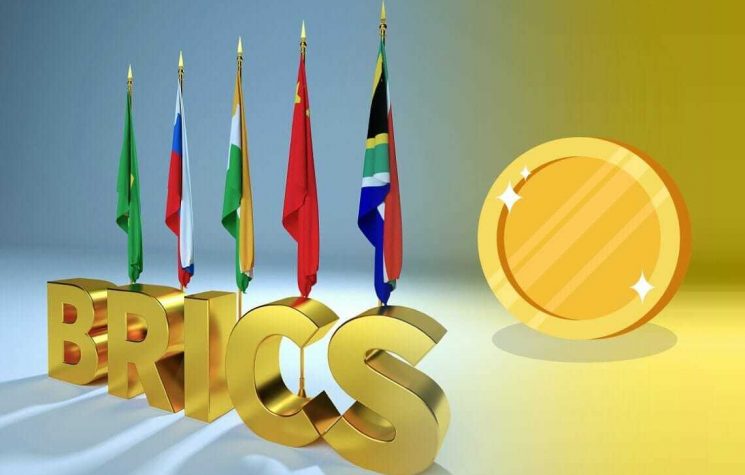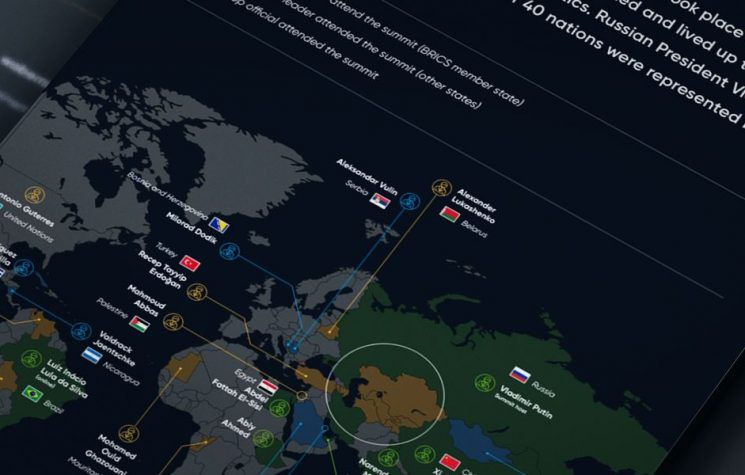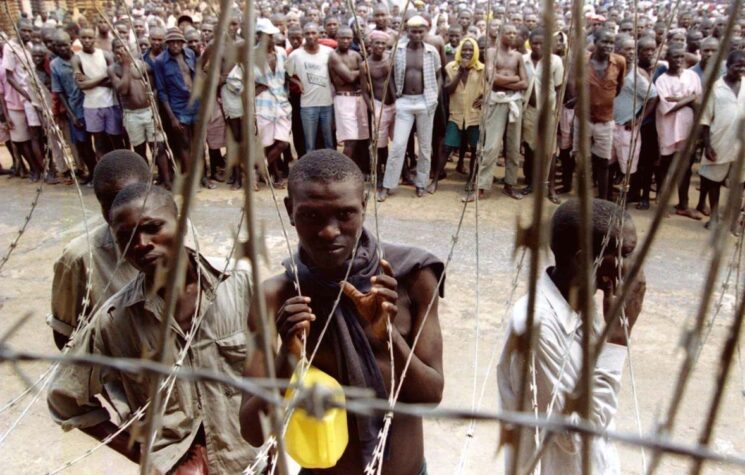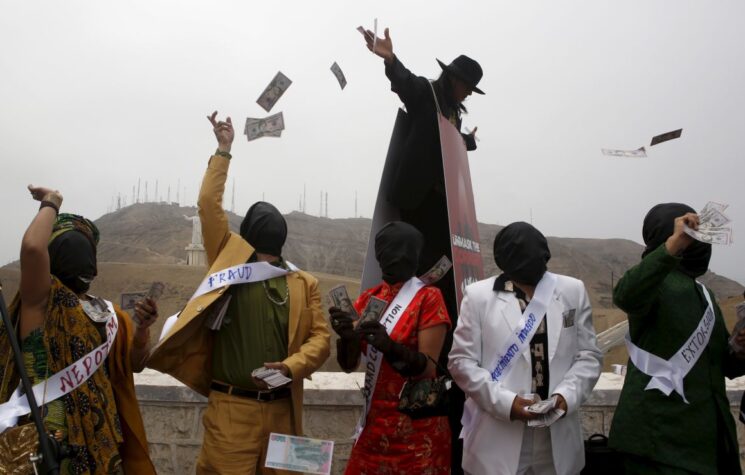Stereotypes exist for a reason, the positive ones and the negative ones. and for generations the stereotype of Sub-Saharan Africa was poor, hungry and primitive. Before WWII and for centuries this meant it was free to be civilized/exploited/colonized in the subconscious of Europeans. Now, that Western assuredness of its own superiority now reflects itself in pity for the “untercontinent” it is always the #1 target for “relief” and philanthropy. But does this really make sense, is Africa really that poor and helpless that it needs eternal adoptive parents from London, Paris and Washington in order to survive?
From the materialist standpoint of Victorian England or 1950’s Atomic America it was probably very reasonable to consider Africa “poor”. Even as recently as 2000 the Economist called Africa “The Hopeless Continent”, implying that even with the help of the almighty West it is doomed to an eternity of geopolitical irrelevance and struggle for survival. This however at the start of the third decade of the new centuries is becoming an obsolete opinion.
Shockingly CNN’s series “Marketplace Africa” presents a version of the Heartland of the Global South in a light similar to what you hear from people who were actually born there, i.e. things are actually changing and developing. Obviously there is a very good chance that the motivation to do such a project by CNN is probably a form of White Man’s Guilt, cherry picking stories to make the region look nice. But since there is now plenty of real economic news to take from Africa no overinflating stories is necessary. Africa now is a real “marketplace” that has growing value and here are some reasons why.

Photo: Taking a virtual tour of Africa via Google Maps shows areas that are far from dirt poor like downtown Kigali, Rwanda.
Winning the Numbers Game
The United Nations projects that Global Population growth is beginning to slow down except for Sub-Saharan Africa which may further explode 20th century style.
Stereotypically we associate China and India with being the largest humanity producers on Earth with their billion+ populations, but this is simply no longer true as many regions of these two major civilizations have European birth rates. India and China are levelling off with even a real possibility of a gentle decline.
Numbers create markets, it is that simple. China is so big and so wealthy that Hollywood is now very concerned with not offending it. Fragmented post-Soviet Russia simply does not have the numbers to shape global media and thus envy Chinese sway. Africa however, although very diverse between languages and borders, as a whole may, start to be treated like China – too big to be ignored or offended.
Why is Africa growing? Well, if there is one thing that modern Liberalism is good at doing it is killing off the ability for people to have children and Africa remains very untouched from it. Pioneers leave with arrows in their backs and the Europeans who dabbled in Individualism and Free Markets first may be swept away from relevance by those who will do so last. Old school attitudes produce children, and despite the occasional Youtube video about crazy African pastors the continent has the right attitude towards human production.
The 20th and 21st century are showing that economics is a numbers game and Africa’s numbers will be the last to grow explosively. Numbers create big markets and big markets create wealth opportunities.
China will make Africa Great Again
The Chinese have been moving into Africa and rather than just taking the resources by hook or economic crook (like the Europeans of old) they have been leaving infrastructure as payment. Forbes is very paranoid about this asking “What China Is Really Up To In Africa” in one of their headlines. What they are really up to is fairly obvious. One solution to Africa’s corruption problem is being paid in buildings and roads, which are harder to make vanish into government servants’ pockets. The Chinese need African resources which they can pay for with cheap but decent infrastructure.
Every culture has its own nuances, and furthermore Africa is not mentally monolithic but for many places below the Sahara it is becoming understood that resources for cash results in nothing, but resources for infrastructure builds a future.
Russians often ask themselves why Silicon Valley didn’t happen in Moscow. Russian sources show that the Soviets were very capable of making revolutionary technology, the problem was getting it to the masses under a sluggish system. On a grander scale the question is, why didn’t Silicon Valley happen in Iceland, Caracas, Manila or anywhere else?
Because the human and physical infrastructure that was needed to make it happen was lacking. Silicon Valley came about due to like minded individuals moving to or being born in California with the excess resources of their WWII generation parents at their disposal to use on projects in garages. Shipping and tech in general were simply way better in the U.S. at the time and all these factors created the lightning in a jar that is the reason today Mac products say “Designed in California” on them.
So in that spirit it seems sad on the surface that only four in ten Africans have access the internet, but then again if the population of the continent rises to a billion (as projected) that means they will have an internet using market of 400 million people, spread over many major cities, which means Africa will have the critical mass needed to become a serious economic force.
Furthermore, it is hard to imagine that this 40% internet access will stay frozen in the upcoming decades as China’s massive 10,000 Villages program is spreading digital cable TV across many nations and will probably lay the groundwork for better internet penetration. If Africa gets to seven or eight internet users out of ten then it will be very much thanks to Chinese Communism and will put amazing economic opportunity on the table.

Photo: Although governments can hide their secrets Kigali, Rwanda looks like any major city from up high.
An AU to compete with the EU
More often than not Africa is written about by the same people who write about every region of the world never making contact with anyone from any of them. But if you ever get the chance to speak with people from Rwanda you’d be surprised how happy they are with the growth of their country and their hope that it may become the epicenter of regional integration (or atleast a not poor country).

Photo: At least for now Rwandan President Paul Kagame is transforming the genocidal nightmare zone of the 1990’s into the envy of many African nations.
Besides going from genocidal madhouse to attempting to become “Africa’s Singapore” the country has also created a regional block called the East African Community that is going to attempt to play the regional integration game in a similar way that the EU and the Eurasian Union are doing. Visa free travel, (i.e. open borders for members who share similar cultural and linguistic tendencies) is a key feature and has really created opportunities for tiny Rwanda to work with its neighbors.
With the floundering EU losing its first member, and Russia’s attempts at integration being ultimately stale (or purely economic) we shouldn’t be over optimistic that a giant East African Empire will form around Kigali… but it could. The six nations currently in the Community are vastly more valuable and influential as a whole than as tiny parts and would demand much more respect and attention. At least Kigali gets an A for effort in countries that stereotypically are not known for putting much effort into anything.
African needs reconsideration
Obviously we can still hear crazy stories of poverty coming from Africa, like how away from the big successes of urban Nigeria, gasoline generators are still being used to charge cell phones as big business in villages or how new employees in Uganda simply vanish after a few months because they made enough money “to get by for a while”, and how the nightmarish levels of racism and violence in Zimbabwe and South Africa have destroyed these countries’ futures. This is all terrible and real, but there is major change going on. That is why it is time to “rethink” Africa because perhaps it may be different, then again the more things change the more they stay the same.








